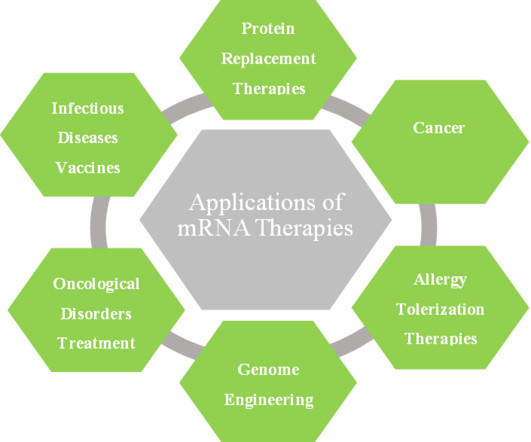Nonclinical Pulmonary Drug Delivery: Setting Up Your Inhalation Drug Study for Success
Camargo
NOVEMBER 24, 2020
Most are familiar with, know someone who uses, or take “pumps” themselves to prevent or relieve shortness of breath after an effort or during allergy season. Interest in the pulmonary route has also grown in recent years because delivering the drugs through the lungs allows direct systemic delivery and bypasses the first pass metabolism.













Let's personalize your content